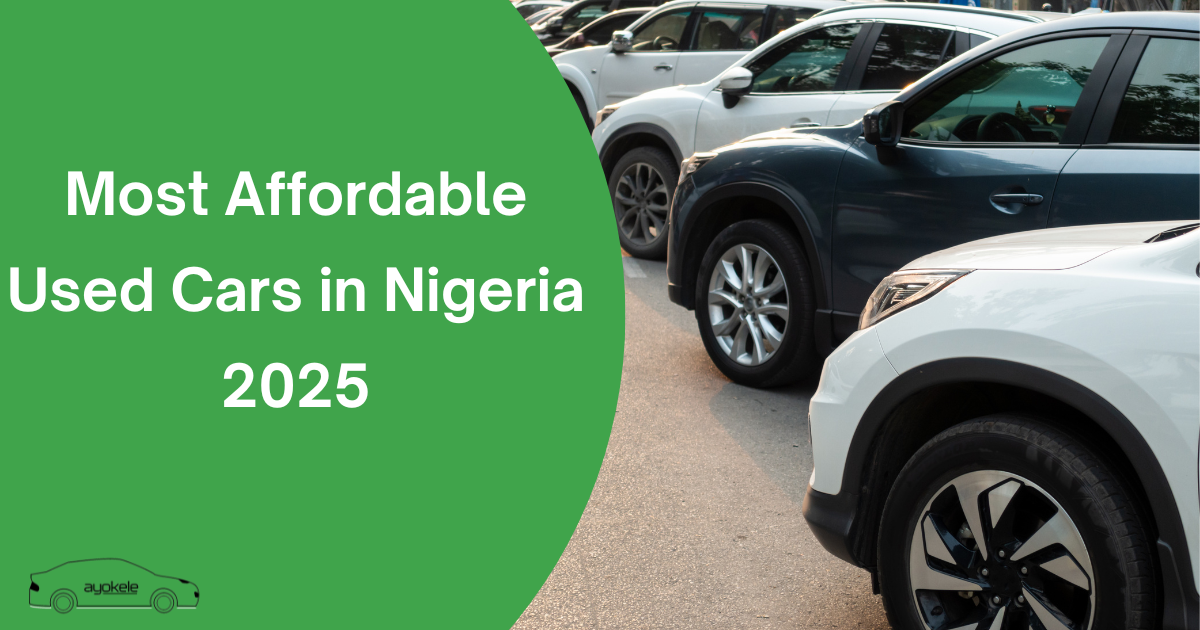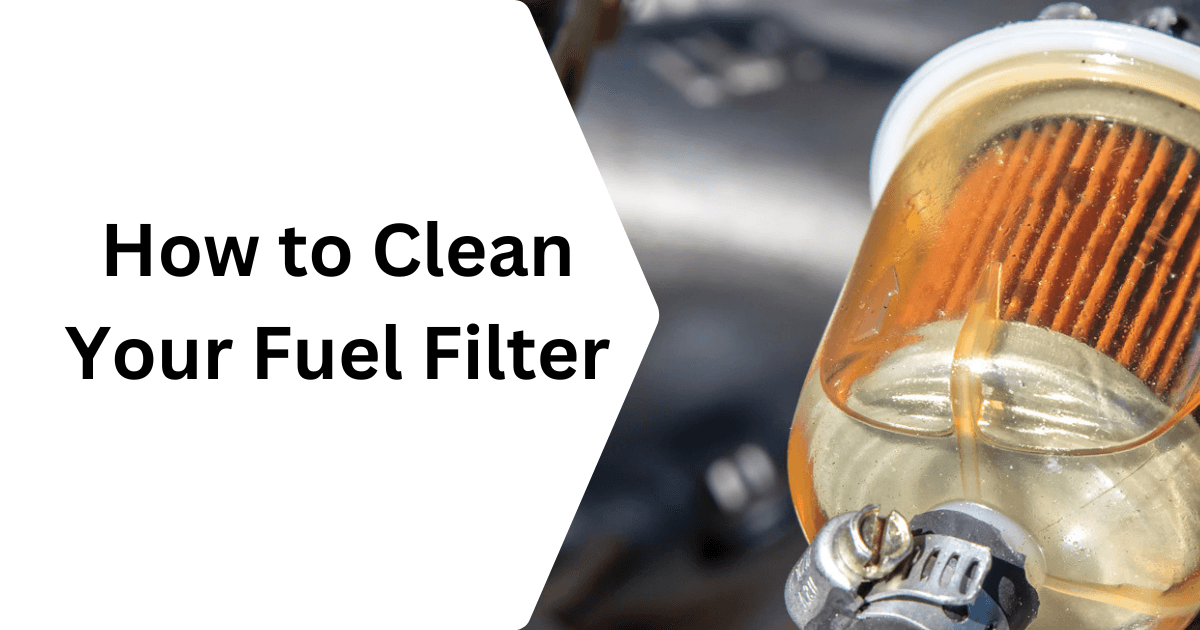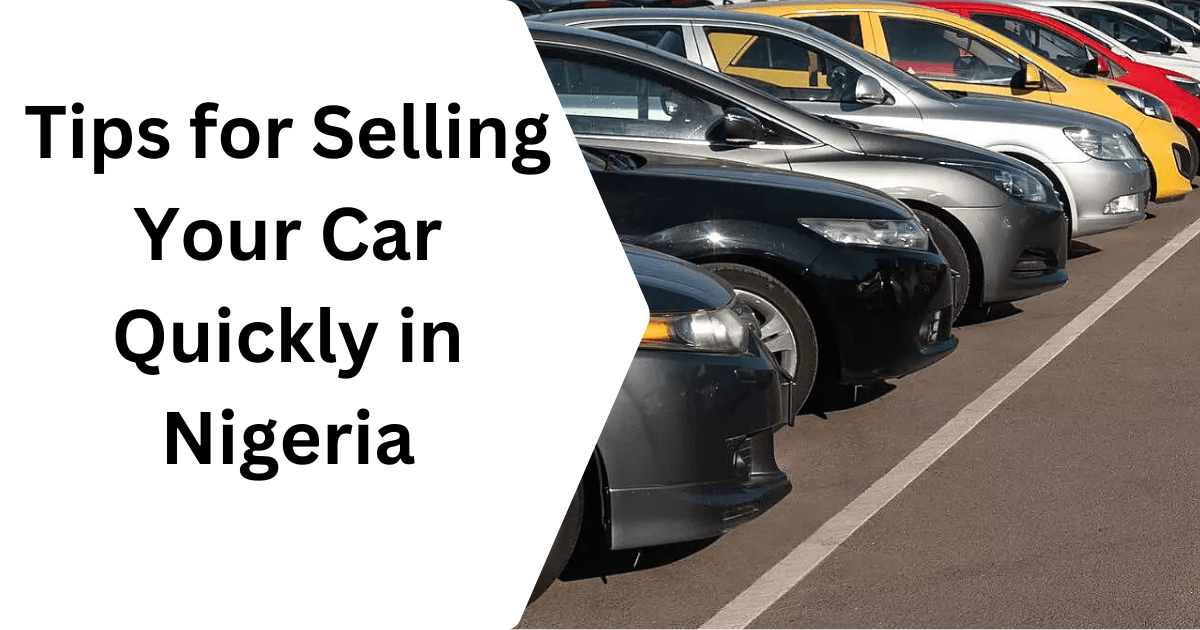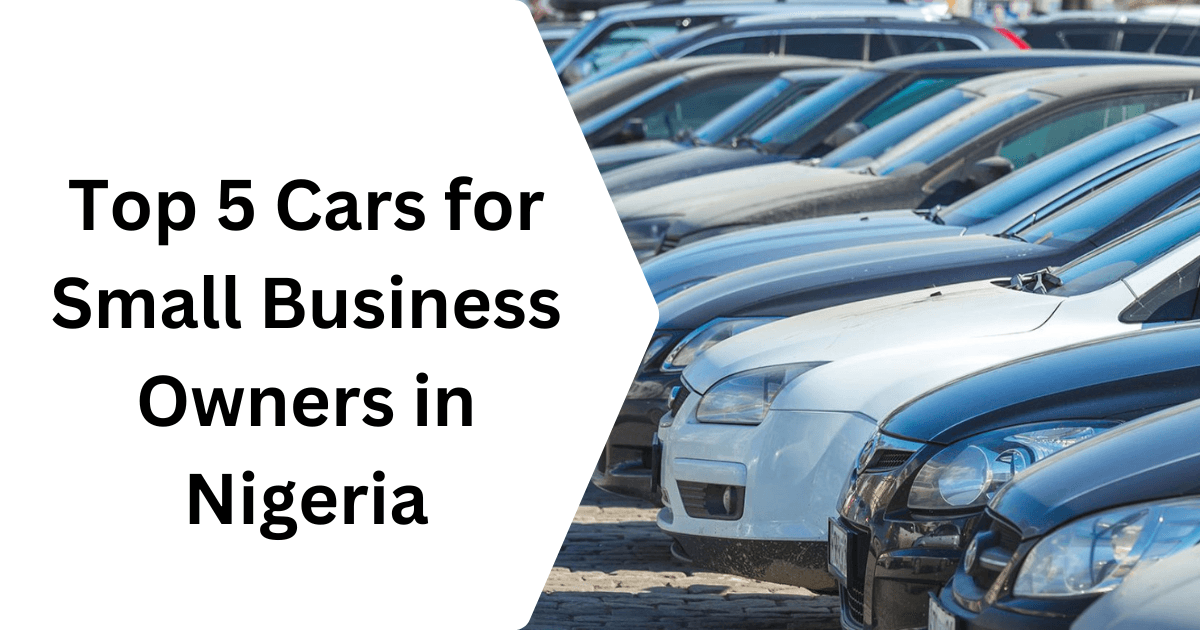For many Nigerians, vehicle ownership remains essential for work, family, and daily life, yet new car prices have become increasingly prohibitive. The used car market offers a practical solution, providing reliable transportation at more accessible price points. This guide explores the most affordable used vehicles currently available in Nigeria, focusing on models that balance initial cost with long-term reliability and economy.
Factors to Consider When Buying Affordable Used Cars
- Initial Purchase Price vs. Total Cost of Ownership: The sticker price is merely the beginning of your financial relationship with any vehicle. In Nigeria’s used car market, seemingly bargain-priced European luxury models often become financial burdens through expensive parts and specialized maintenance requirements. Calculate the projected five-year ownership costs, including likely repairs based on model-specific common failures, routine maintenance intervals, and insurance variations. Toyota and Honda models typically command higher initial prices precisely because their total ownership costs prove lower over time.
- Reliability and Maintenance Costs: Vehicle dependability directly impacts both your finances and daily convenience. Japanese brands (particularly Toyota and Honda) consistently demonstrate superior longevity in Nigeria’s challenging conditions, often reaching 300,000+ kilometers with basic maintenance. Korean manufacturers (Hyundai/Kia) have dramatically improved reliability in models produced after 2010, offering compelling value propositions. Research model-specific issues through online forums and local mechanics before purchase, as certain generations or production years may have known weaknesses even within generally reliable model lines.
- Fuel Efficiency: With fuel prices continuing their upward trajectory, consumption differences significantly impact ownership costs. Compact models with smaller engines (1.4-1.8L) typically deliver the best economy, with the Toyota Yaris, Honda Fit, and Kia Rio leading their segments. However, extremely small engines sometimes struggle with Nigeria’s frequent stop-start traffic and occasional need for rapid acceleration, potentially consuming more fuel than slightly larger, unstressed engines. Balance theoretical efficiency with real-world Nigerian driving conditions when evaluating potential purchases.
- Parts Availability and Affordability: Nothing proves more frustrating than a vehicle immobilized while awaiting imported components. Toyota’s unmatched parts network spans from official dealerships to countless aftermarket suppliers across Nigeria, minimizing downtime and enabling price competition. Honda, Nissan, and increasingly Hyundai/Kia enjoy good parts availability in major cities. European and American brands typically require longer waits and premium pricing for components. Consider not just whether parts exist in Nigeria, but their distribution in your specific region, particularly if you reside outside major metropolitan areas.
- Resale Value: The eventual sale price dramatically affects your actual ownership cost. Toyota products consistently retain 15-25% more value than comparable alternatives after five years, effectively reducing their true cost despite higher initial purchase prices. Models with established reputations for reliability maintain stronger resale values even when newer competitors offer more features. Consider how long you intend to keep the vehicle and research typical depreciation curves for your prospective models to understand the complete financial picture beyond the purchase price.
Most Affordable Used Cars in Nigeria 2025
Toyota Corolla (2008-2012)
The Toyota Corolla remains Nigeria’s perennial favorite for good reason. Models from 2008-2012 now range from ₦2.5-4.5 million depending on condition and specification. These vehicles offer exceptional reliability, with many examples easily surpassing 300,000km when properly maintained. Their 1.6L and 1.8L engines deliver reasonable fuel economy (9-11km/L in city driving), while parts availability is unmatched nationwide. The Corolla’s simple mechanical design makes it ideal for Nigeria’s road conditions, with affordable maintenance costs and strong resale value retention.
Honda Civic (2006-2011)
Honda Civic models from 2006-2011 represent excellent value at ₦2.3-4.2 million. These vehicles combine Japanese reliability with slightly sportier handling than the Corolla. The Civic’s 1.8L engine offers impressive fuel efficiency (10-12km/L), while its comfortable interior has aged well. Parts availability has improved significantly in recent years, though still not matching Toyota’s ubiquity. Buyers should look for examples with complete service history, as neglected maintenance can lead to more expensive repairs compared to the Corolla.
Toyota Yaris (2007-2012)
For urban dwellers seeking maximum affordability, the Toyota Yaris (2007-2012) presents a compelling option at ₦2.0-3.5 million. These compact hatchbacks excel in city environments with excellent fuel economy (12-14km/L), easy parking, and nimble handling. While interior space is limited compared to the Corolla, the Yaris compensates with lower purchase and running costs. Parts compatibility with other Toyota models ensures affordable maintenance, while the simple mechanical design means fewer potential failure points—ideal for budget-conscious buyers.
Nissan Almera/Versa (2012-2015)
The Nissan Almera (sold as Versa in some markets) offers remarkable value at ₦2.3-3.7 million for 2012-2015 models. These sedans provide generous interior space, comfortable ride quality, and decent fuel economy (9-11km/L). Nissan’s expanded dealer network has improved parts availability across Nigeria, though still not matching Toyota’s dominance. The Almera’s straightforward engineering makes it suitable for local mechanics, while its understated styling has aged well compared to more fashion-forward competitors.
Kia Rio (2012-2015)
The Kia Rio has emerged as a compelling budget option, with 2012-2015 models available between ₦2.1-3.8 million. These compact sedans and hatchbacks offer modern styling, good fuel economy (11-13km/L from their efficient 1.4L engines), and increasingly reliable mechanics. Korean manufacturers have made significant strides in quality, with these later models proving far more dependable than their predecessors. Parts availability has expanded across major Nigerian cities, though rural areas may still present challenges for specialized components.
Hyundai Accent (2011-2014)
The Hyundai Accent represents excellent value at ₦2.2-3.9 million for 2011-2014 models. Sharing many components with the Kia Rio, the Accent offers slightly more interior space and comfort. Fuel efficiency remains impressive at 10-12km/L in mixed driving conditions. Hyundai’s expanded presence in Nigeria has improved parts availability and service options. These models feature more modern amenities than similarly priced Japanese alternatives, though long-term durability still slightly favors the Japanese brands in Nigeria’s challenging conditions.
Hyundai Elantra (2010-2013)
The Hyundai Elantra from 2010-2013 offers midsize comfort at compact prices, ranging from ₦2.6-4.3 million. These stylish sedans provide impressive interior space, comfortable ride quality, and reasonable fuel economy from their 1.6L and 1.8L engines (9-11km/L). The dramatic “fluidic sculpture” design language has aged well, making these models appear more contemporary than their age suggests. Maintenance costs remain reasonable, though some electronic components can be expensive if they fail outside warranty periods.
Volkswagen Polo (2010-2014)
For buyers seeking European engineering at affordable prices, the Volkswagen Polo (2010-2014) represents an interesting alternative at ₦2.4-4.0 million. These well-built hatchbacks offer superior build quality, refined driving dynamics, and efficient engines (10-13km/L). However, potential buyers should budget for higher maintenance costs and ensure access to specialized mechanics familiar with German vehicles. Parts availability has improved with increased official Volkswagen presence in Nigeria, though costs remain higher than Japanese and Korean alternatives.
Renault Logan/Symbol (2010-2014)
The Renault Logan (sometimes sold as the Symbol) offers European design with budget-friendly pricing at ₦2.0-3.3 million. These spacious sedans feature simple, robust engineering specifically designed for developing markets. Fuel efficiency is reasonable at 9-11km/L, while the large trunk makes them practical for families or small businesses. Parts availability remains the primary challenge, with limited official Renault presence in Nigeria. Buyers should verify parts supply chains before purchase, as some components may require importation.
Practical Buying Tips
- Pre-Purchase Inspection Essentials: Never rely solely on seller assurances or your own visual assessment when evaluating used vehicles. Engage a trusted, manufacturer-experienced mechanic (preferably not recommended by the seller) to conduct a comprehensive inspection costing ₦5,000-15,000—an investment potentially saving hundreds of thousands in hidden problems. Insist on cold-start evaluation, as many issues only manifest before the engine reaches operating temperature. Utilize OBD scanners to identify stored fault codes even if warning lights aren’t currently illuminated, revealing intermittent problems or recently cleared warnings designed to hide issues during the sale process.
- Documentation Verification: Nigeria’s used car market unfortunately includes vehicles with problematic histories, making thorough documentation review essential. Verify the Vehicle Identification Number (VIN) matches across all documents and physical locations on the vehicle (dashboard, door jamb, engine block). For imported vehicles, confirm customs duty payment documentation to avoid future legalization problems. Request service records demonstrating regular maintenance rather than just pre-sale servicing designed to temporarily mask issues. For newer vehicles, check manufacturer warranty status and transferability to avoid purchasing models with voided coverage due to accident history or missed maintenance.
- Negotiation Strategies: Approach negotiations armed with specific knowledge rather than general haggling techniques. Research actual transaction prices for comparable vehicles using online marketplaces and dealer listings, accounting for mileage, condition, and feature differences. Document specific deficiencies identified during inspection, calculating their repair costs as direct deductions from the asking price. Demonstrate willingness to walk away, as alternative options always exist in Nigeria’s active used car market. Consider timing your purchase during end-of-month periods when dealers face sales targets, or during rainy season when convertible and luxury vehicle demand typically decreases.
- Common Scams to Avoid: Protect yourself from prevalent deceptive practices in Nigeria’s automotive marketplace. Odometer tampering remains surprisingly common—verify mileage against service records, wear patterns, and vehicle condition. “Accidental” title omissions often mask vehicles imported through irregular channels or with salvage histories from foreign markets, particularly common with American imports. Be wary of sellers refusing inspection at your chosen mechanic or offering dramatic price reductions when you identify problems. Insist on completing all paperwork and confirming fund transfers before releasing the vehicle, as post-sale discoveries of undisclosed issues rarely result in satisfactory resolution.
Maintenance Considerations
Immediate Post-Purchase Service Needs:
Regardless of seller assurances about recent maintenance, budget for comprehensive servicing immediately after purchase. This should include complete fluid replacement (engine oil, transmission fluid, brake fluid, coolant), new filters (oil, air, fuel, cabin), timing belt inspection if applicable (critical on interference engines where failure causes catastrophic damage), and thorough brake system evaluation. This initial investment of ₦30,000-80,000 (depending on vehicle type) establishes your maintenance baseline and identifies any issues requiring immediate attention before they develop into more expensive problems.
Finding Reliable Mechanics:
The right technician significantly impacts your ownership experience and costs. Seek specialists with specific experience on your vehicle make rather than general mechanics. Verify their diagnostic capabilities beyond basic tools, as modern vehicles require electronic diagnosis even for seemingly mechanical issues.
Develop relationships with parts suppliers independent from your mechanic to verify pricing and availability. Consider manufacturer-trained technicians who have established independent workshops, offering dealer-level expertise without premium pricing. For European vehicles particularly, specialized knowledge proves essential as incorrect procedures can multiply repair costs.
DIY Maintenance Possibilities:
Performing basic maintenance yourself can yield substantial savings while developing useful vehicle knowledge. Start with simple procedures like oil/filter changes, air filter replacement, and basic fluid level checks, gradually expanding your capabilities. Invest in model-specific repair manuals (physical or digital) rather than relying on generic advice.
Online communities dedicated to your specific vehicle often provide detailed tutorials addressing common maintenance needs. Calculate your true savings realistically, accounting for tool purchases and potential mistakes, while recognizing that some procedures remain best left to professionals due to specialized equipment requirements or safety considerations.




